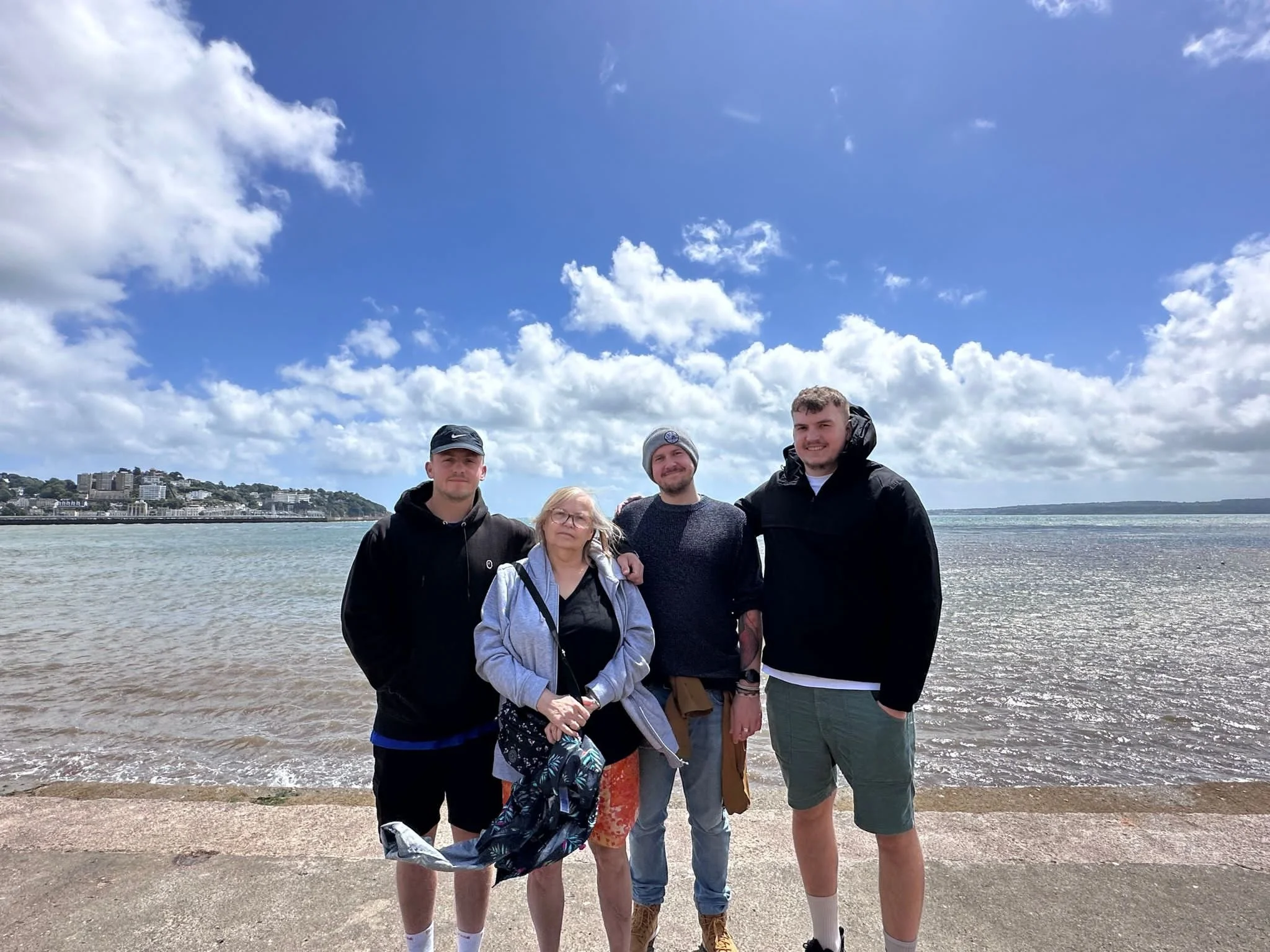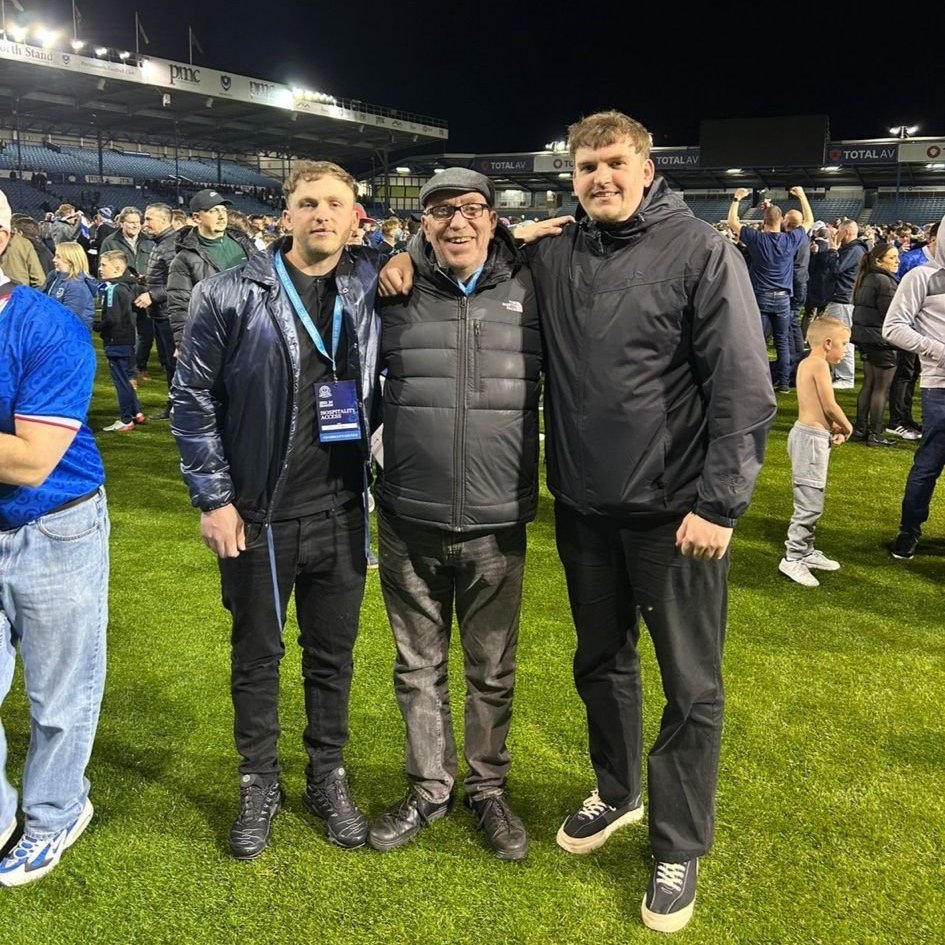Harry’s story
I’m Harry. I’m 28, and I am an orphan.
The word “orphan” always feels strange to say out loud — almost like there’s a taboo around it. I feel like it’s enough to make a room fall into an awkward silence. But after losing both of my parents to cancer in the space of a year, its a word that is now a reality. My reality. And it still feels taboo. It still feels like there’s a darkness around me that people can see whenever they find out.
That darkness is strong. Everything feels dim and grey. The lights don’t shine as brightly. The facial muscles that help me smile feel like they don’t work as well anymore. The silence is also strong - the empty, noiseless spaces where their voices used to be feels so loud.
This silence grows and makes it harder to break the silence to talk about them. I found myself no longer sharing their stories. The stories spoken at their funeral, the ones that echo during the weeks after their passing. Then those stories eventually fade out. They fade out — not because I don’t want to talk about them, but because people stop asking about them.
It feels like a burden to bring them up. No one wants to hear about them again. No one wants me to mention them because it might make it awkward, and they might not know what to say. When in reality, they don’t have to say anything.
Because I can do all the talking. I can tell everyone how incredible they were. I can scream it from the rooftops. I know you have moved on and don’t want to talk about it but I will. I will.
I will tell the world how amazing my mum was — how she was the greatest knitwear and crochet designer that ever lived. I will tell the world how my dad spent his career saving people’s lives in hospital. I will tell the world how he should have a Michelin star for telling me to add Marmite to my beans on toast (honestly, you should try it — it will change your life).
I will scream from the rooftops about them because I fear that by no longer talking about them, their stories risk fading away and quietly slipping out of the conversation.
I can accept that they’re gone — I’m not in denial about that. But I don’t want to accept the possibility of them being forgotten. Wait does that mean that is a form of denial? If it is, then it’s one I’m willing to live with. Because forgetting them would feel like losing them all over again.
I didn’t always want to talk about them. I avoided it for a long time. I would rather distract myself. Talk about something else. What helped me talk about them more was the outdoors. In the weeks after my dad passed, I would spend my days on walks in the countryside — just me and my thoughts, processing my grief and my emotions in a place where I could think freely.
The outdoors wasn’t a cure, and it didn’t make it any less painful, but it gave me the space and freedom to think. As I walked through green fields and along the towpath of the canal, I saw that even in the dark times, there’s still a life here worth living.
From that darkness, I discovered a love for nature and the outdoors. It gave me a purpose and an appreciation of the world we live in. It made me feel more connected to them. Whenever I saw a full moon or a sunset, it felt like a sign from them. That they were reminding me they were still there. Still looking over me. Telling me they were proud of me.
Those walks helped lighten the load of my grief.
Their names no longer catch in my throat when I say them aloud. There is no longer a fear of someone saying the word “mum” or “dad” around me.
I feel more comfortable talking to people about my loss.
But that doesn’t make it any easier to deal with.
Because grief isn’t just about the day of their passing — it’s the loss of all the future moments you were due to share.
It’s their absence on your wedding day. It’s them not meeting their grandchildren. It’s my dad missing out on Portsmouth’s trophy parade when we win the Champions League in 2037, or my mum not seeing her jumper turn up on the front of Vogue one day, just where it deserves to be.
Those moments — the future memories that have been stolen from my life story — make grief a battle that I will continue to fight throughout my life. But speaking about them makes it feel like they’re here with me, making that battle a little easier to bear.
The sadness is still there. It always will be. But the acceptance makes it easier to feel other emotions — emotions like joy.
Joy that I had the privilege of sharing a life with them.
Joy that I still have the memories of them.
Joy in all the stories I will keep on telling about them.
Because as long as I’m still here, they will be too.







